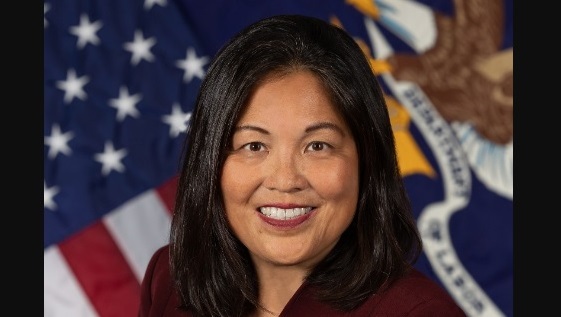PHILADELPHIA - A Pennsylvania home health care company has lost its appeal of a $7 million ruling that found it should have paid its employees for the time they spent driving to clients' homes.
The U.S. Court of Appeals for the Third Circuit on Jan. 31 sided with the U.S. Department of Labor in its fight against Prestige Home Care Company, which provides in-home health care services.
The DOL sued in 2021 over alleged violations of the Fair Labor Standards Act. Philadelphia federal judge Chad Kenney in 2023 ordered Prestige to pay more than $7 million in back wages and liquidated damages to more than 1,200 former and current employees.
"The most natural reading of the FLSA and its accompanying regulations requires compensation for work-related travel during the workday," Judge David Porter wrote.
"(A)lthough off-duty time is itself non-compensable, the travel time necessary to travel between job sites is 'integral and indispensable' to a 'principal activity.'"
The allegations said Prestige failed to pay overtime by not paying health aides for time spent traveling for work. The DOL added Prestige paid some employees straight-time hourly rates, even when their workweek exceeded 40 hours, and segregated types of work performed rather than combing all hours worked when computing overtime wages.
“Unfortunately, our investigators found yet another Philadelphia-area home health agency willfully shortchanging employees and skirting the law,” Wage and Hour Division District Director James Cain said in 2023.
Prestige tried to sway the Third Circuit by pointing at the 1947 Portal-to-Portal Act, passed after the U.S. Supreme Court ruled time walking from timeclocks near a factory entrance to work stations was compensable.
The PPA protects employers who do not pay employees for time spent traveling to and from the place of performance, but the Third Circuit said it only covers transport to the job site that occurs prior to the start of an employee's workday.
"The time that elapses between the day's start and end is not implicated by the text of the PPA," Porter wrote. "The Department's regulations confirm this."
Other cases in appellate courts have questioned whether some activities were part of the first or last principal activity during the day. Prestige's case raised the issue of travel time during the workday.
"Travel time is compensable when an employee lacks the time to go off duty," Porter wrote.
"Once the workday has commenced, an employee is entitled to compensation even if he is not working at every moment of the day; for instance, 'a messenger who works a crossword puzzle while awaiting assignments... and a factory worker who talks to his fellow employees while waiting for machinery to be repaired...'"
